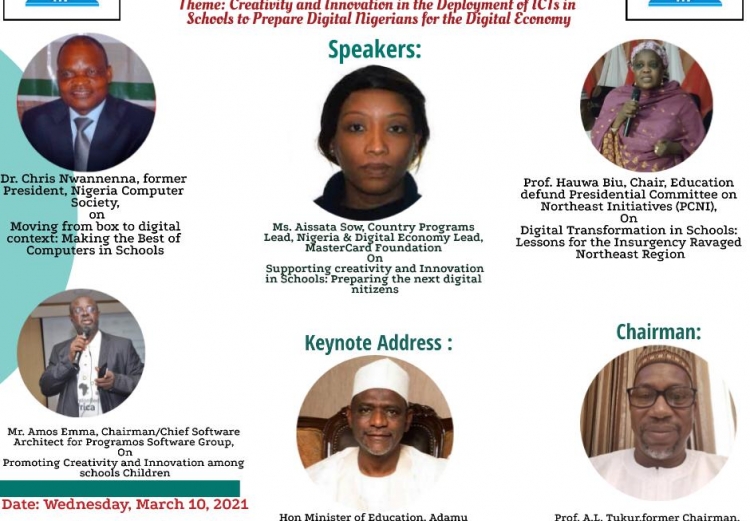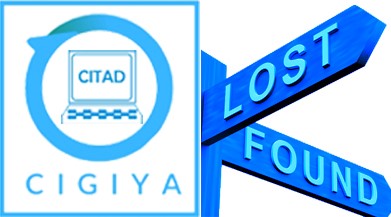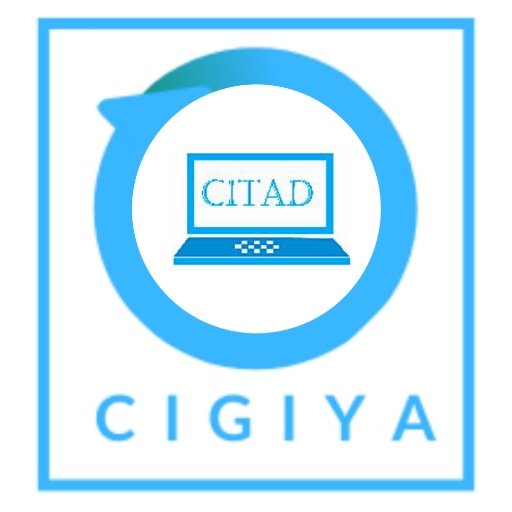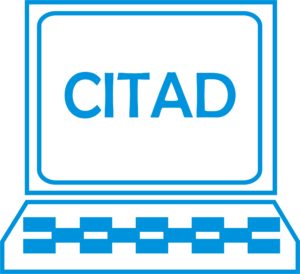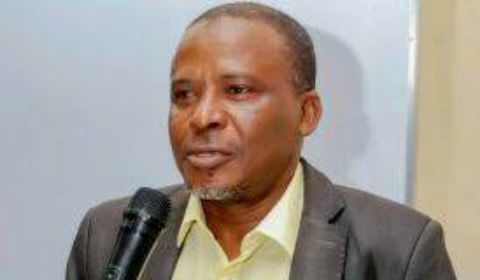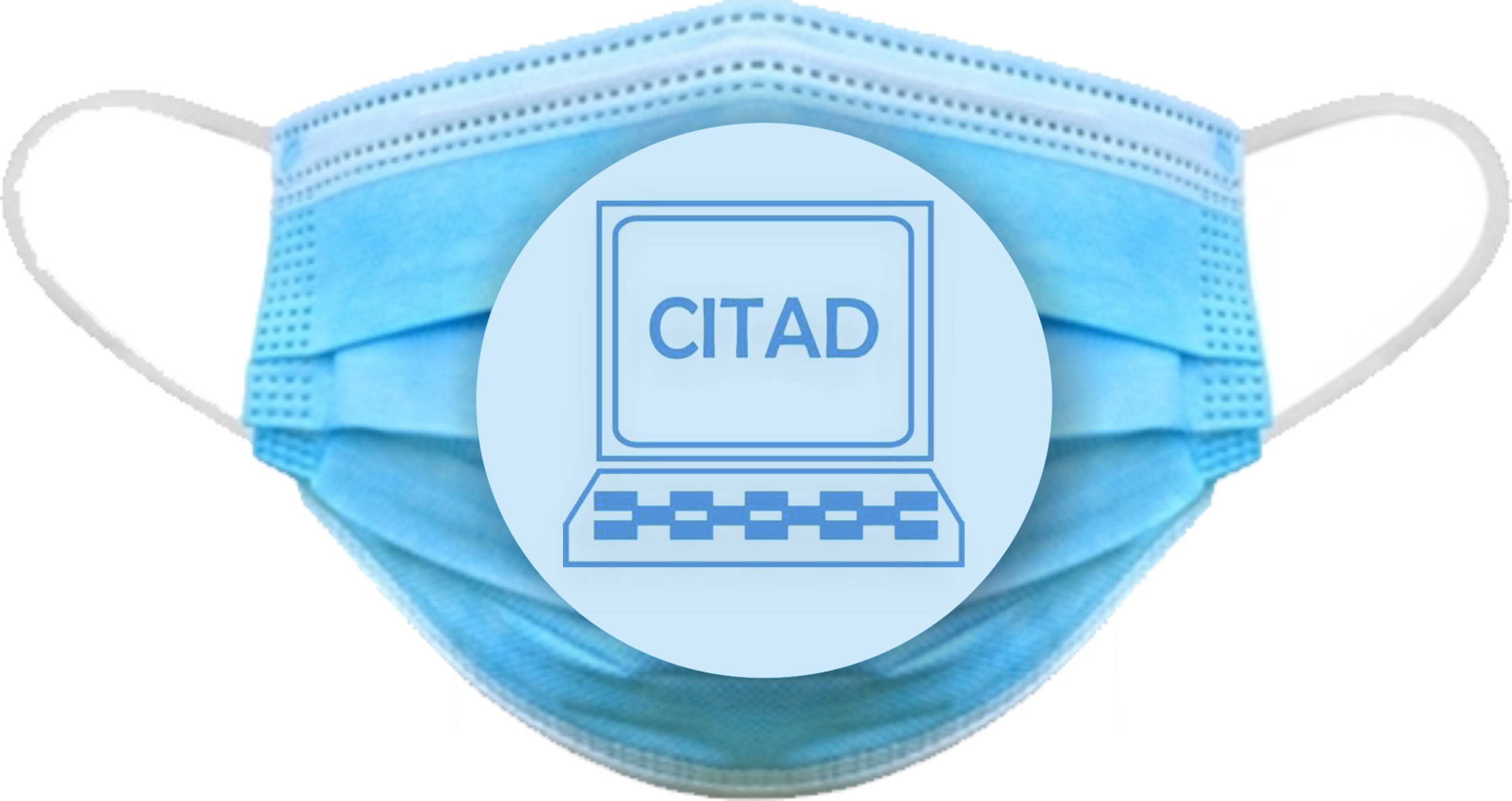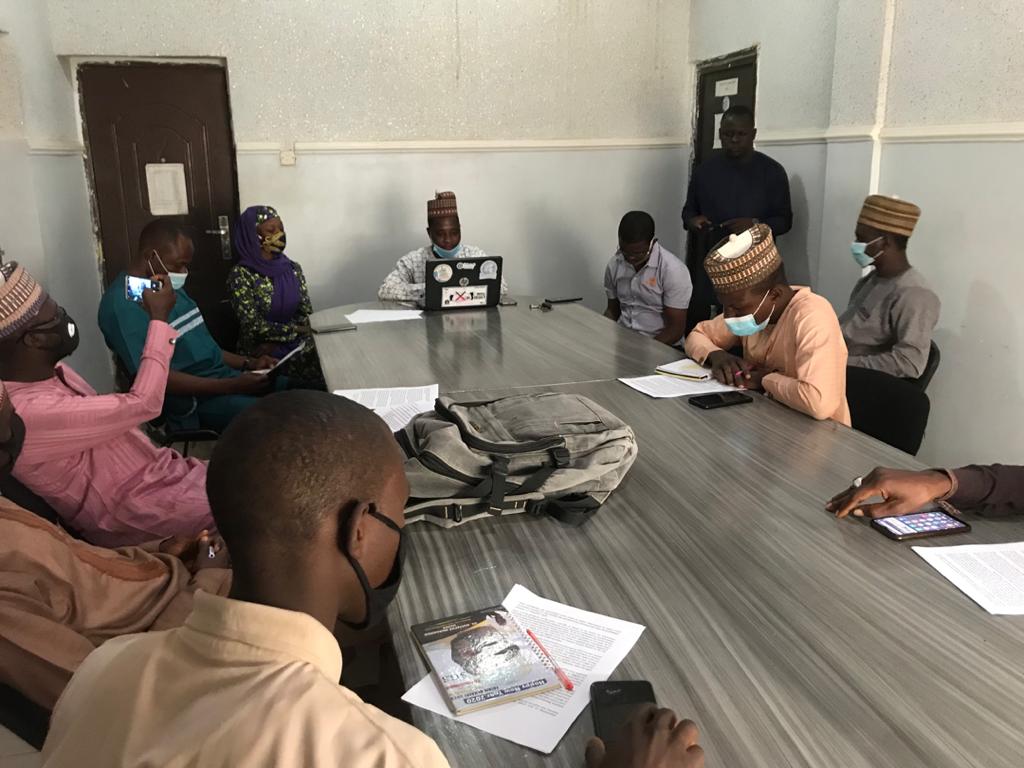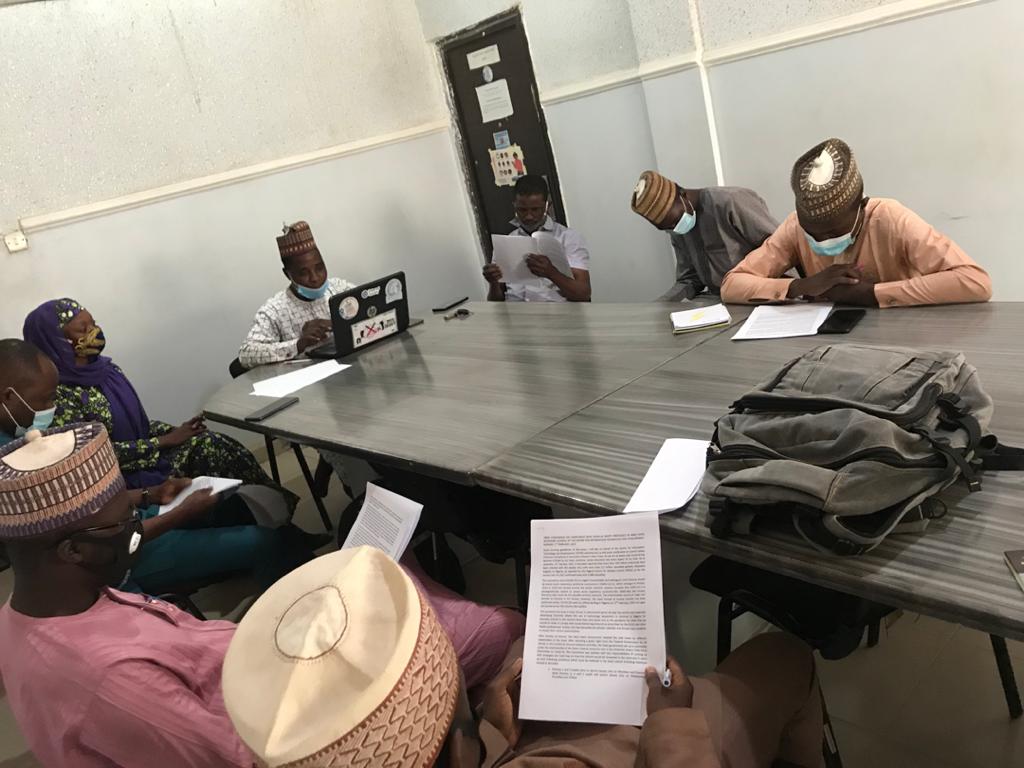COMMUNIQUE FOLLOWING A ONE-DAY WEBINAR ON LOCAL CONTENT POLICY IN THE ICT SECTOR
The Centre for Information Technology and Development (CITAD) on Wednesday, 10th February, 2021 held a one-day webinar on Local Content Policy in the ICT Sector.
Attended by more than 70 people from the ICT community in the country, the objective was to examine how the policy could be used to accelerate the attainment of the objectives of the digital transformation agenda of the country.
Chaired by Prof. Adenike Osofisan, Provost, Nigeria Computer Society College of Fellows and Chair of the Computer Professional Registration Council of Nigeria (CPN) The Director General of the National Information Technology Development Agency (NITDA), Mr. Inuwa Kashifu Abdullah delivered the keynote addressed on Local Content Policy in ICT Sector as Key to Achieving the Objectives of the Digital Economy in Nigeria.
Three seasoned and respected ICT professionals made presentations on three key aspects of the policy namely:
1. Mr. Will Anyaegbunam, MD/CEO of Beta Computer Limited on Responding to the Hardware Dimensions of the Local Content
2. Mr. Chris Uwaje pioneer Present of the Institute of Software Practitioners of Nigeria on Meeting the Software Component Challenge of Local Content in the Country
3. Prof M. Ajiya, President/CEO of Digital Bridge Institute on Meeting the Skills Challenge for Effective Implementation of Local Content Policy in the ICT Sector .
Observations
Participants noted that:
1. The Local Content Policy in the ICT sector has the potentials to accelerate the attainment of the objectives of the digital economy of the country
2. There is low awareness about the policy within both the ICT business and professional sector as well as within government, especially at state levels
3. There has not been an effective implementation of the policy in spite of the efforts NITDA has been making
4. Insufficient ICT knowledge and support for businesses and enterprises
5. Low patronage of local ICT firms and enterprises
6. Inadequate appreciation and support for local innovation and creativity around ICT
7. Importation of foreign ICT brands contributing to capital drain out of the country Commendations Participant commended NITAD for the various initiatives it has put in place and implementing that are impacting positively in the ICT sector in the county.
Participants in particular note the following positive development:
1. The issuance of Executive Order 003 in May 2017 to support procurement of Local Content Products and Services by Ministries, Departments and Agencies (MDAs)
2. The issuance of Executive Order 005 was issued in February 2018 to promote Nigerian Content in the Planning, Execution of Projects and Contracts in Science, Engineering and Technology. Furthermore, in August 2019,
3. The updating of the Guidelines for Nigerian Content Development in ICT to be line with the both Executive Orders 003 and 005 by NITDA
4. The formulation of the National Digital Economy Policy for Digital Nigeria
5. Nigerian National Broadband Plan 2020 – 2025
6. National Digital Economy Policy and Strategy (2020-2030)
7. Nigeria ICT Innovation and Entrepreneurship Vision These measures have led to for instance, increased the consumption of local hardware in an unprecedented manner from annual sale of 113,814 in 2015 to 414, 510 in 2018 and 364,376 in 2019 as well as facilitated patronage of indigenous software, amounting to over 3 billion naira through our regulatory local content guidelines and IT clearance.
Recommendations
To further consolidate on these and speed up the process of making Nigeria an ICT producing country that is globally competitive, participants recommend that:
1. Government should streamline its tax system to relief small and media enterprises from the burden of multiple taxation
2. Government should lead in the campaign for the use of made in Nigeria ICT goods and services
3. Government and its agencies should patronize young innovators and developers to encourage them to grow and make the country globally competitive
4.State governments should ensure that their MDAs are compliant with the Local Content Policy
5. There is need to further sensitize both government MDAs and the wider society about the Local Content Policy in the ICTs
6. To ensure the realization of the objectives of National Digital Economy, the governments hould formulate and implement a National Digital Inclusion Agenda to ensure that marginalized and vulnerable groups to have access to affordable ICT goods and services, including digital skills and training.
7. That government should clarify its polices to allow for community networks to take root and flourish in the country as an alternative means for connecting unconnected communities
8. Establishing a National Software Policy and Strategic Framework and enabling Act is imperative to promote and secure national digital IP
9. Ensure to develop 250,000 capacity of indigenous Software engineering capacities annually, to create 1,250,000 in 5 years. Set up Software Engineering Institutes.
10. Create Software Development Clusters to grow employment opportunities for our Youth through the emerging Business Process Outsourcing (BPO), Digital Games and Work from Home employment opportunity windows all over the world.
11. Create merger and partnership incentives for Software SMEs and Startups to build large capacities for global competitiveness, reduce national Software IP flight and benefit Domestic economy.
12. Government should Lead Nigerians from the front in the campaign to dispense with the persisting wrong perception that local PCs are inferior to imported foreign brands.
13. Local ICT goods and services produces should note that there should be no Nigerian but international standard computers of very high quality.
14. Government should help to enforce adhere strict protection of all intellectual property rights
15. Must adhere strictly to the standards established by all regulatory bodies especially NITDA.
16. NITDA develop and execute a Standard Level Agreement (SLA) with all MDAs for performance management
Signed
Y. Z. Yaú
Executive Director
Centre for Information Technology and Development (CITAD)
Date: February 11, 2021
